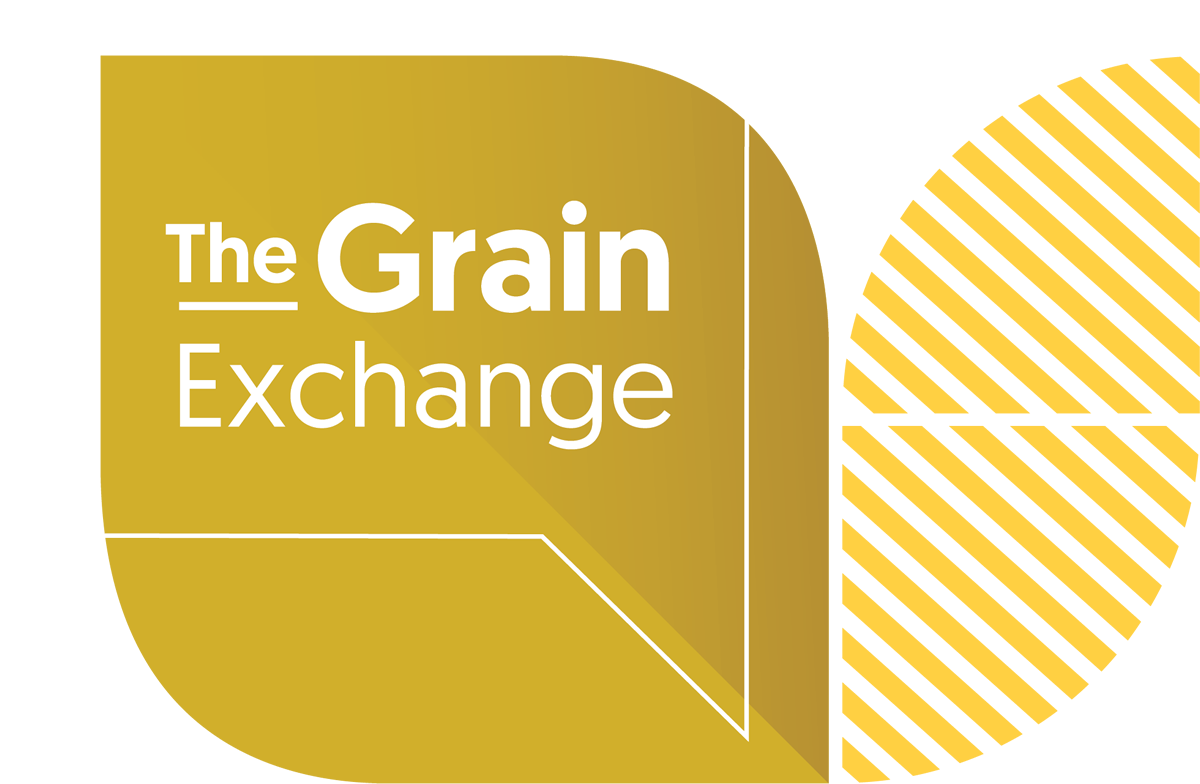Improving the Canada Grain Act
The Government of Canada has opened a consultation on the Canada Grain Act and the role of the Canadian Grain Commission (CGC), and is looking for input from everyone. The Alberta Wheat and Barley Commissions view the consultation as an opportunity to voice concerns from members and advocate for improvements that ensure laws and regulations structuring the Canadian grain value chain are relevant for the modern business environment. The commissions will be submitting a response to ensure farmers have the rights and privileges they need to continue to succeed. Here are a few of the positions held by the commissions that advocate both for essential mandates to remain and for changes to the Canada Grain Act that would benefit farmers.
The commissions advocate that it is crucial to recognize the current CGC mandate, to work in the interest of Canadian producers benefits all Canadians. The success of Canadian farmers is a direct driver of success for all businesses in the agricultural industry, a direct driver of success for rural economies, and an indirect driver of success for urban economies.
Canadian farmers require continual protection from new policies in international markets that limit market access for Canadian grains. International buyers are looking for assurances of sustainable growing practices, setting limits on chemical residues, and are tightening expectations on clean grain. The Canadian grain value chain is already experiencing an increase in testing at both the elevator and export terminals. It is unlikely that the CGC alone can continue to provide sufficient accountability to international markets given the expansion of testing requirements for exports. There is a need for the CGC to reassign export testing services to private third parties who can efficiently provide an expansive set of testing services and for the CGC to move to collect the test results to prove to international markets that Canadian grains are safe. The CGC will need to certify third parties providing testing services demanded by the market and set minimum expectations. These expectations need to acknowledge that greater accountability is being asked of the farmer, and should include the requirement to provide testing information and materials to farmers. Proper accountability would require that farmers have access to all information collected on deliveries and that this information is available to farmers promptly in a digital format.
The commissions believe that improved accountability to farmers requires fair and balanced input into the governance of the CGC. Current governance provides farmers with representation at some decision-making tables, such as the Western Standards Committee that makes changes to grading factors. While this committee has several seats reserved for farmers, the nomination process for representation is strict and includes significant input from the government. The Minister of Agriculture and Agri-Food Canada makes the final decision on who sits at the table from a list of several potential representatives. The commissions would like the process changed to allow farmers to select their representative on the Western Standards Committee, rather than leaving that choice to the Minister. The commissions advocate that representatives for each meeting are put forward by a membership group ensuring farmers have a representative who is knowledgeable on the meeting topics.
Significant work has also focused on identifying which of the CGC programs and services have a proven track record of benefiting farmers and developing recommendations on how programs could improve. Two of these programs include the producer payment security program and the Grain Research Laboratory. Producers identified that the current system for securing producer payments worked well recently when bankruptcies occurred in the pulse sector. While other models have been proposed, limited information is available on the benefits to producers. The commissions advocate for the CGC to look for improvements in the current model of the payment protection system. The Grain Research Laboratory is a subsection of the CGC that conducts cereals, pulse and oilseed science that benefits all Canadians. Although the lab receives funding from the Government of Canada, the amount has been insufficient for many years. CGC releases suggest that the Grain Research Laboratory is currently subsidized by farmers through CGC operating fees. The commissions advocate for the federal government to increase funding for the Grain Research Laboratory instead of asking producers to pick up the tab.
Through the review, the commissions continue to advocate for improved rights for farmers that will result in fair treatment and proper representation of grain abroad. It’s time for the legislation regulating the industry to be updated and, if done properly, to set up Canadian farmers for success. Our members have been clear that success includes retaining the programs and rights that continue to ensure and promote competitive and fair domestic agricultural trade while also addressing and updating antiquated assumptions on how trade occurs at the elevator and internationally. The commissions call for farmers to share their input on changes to the Act needed to prepare the industry for the challenges to come.

